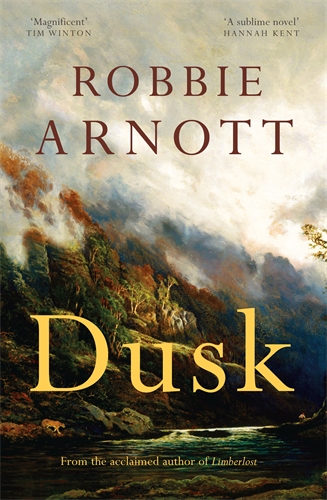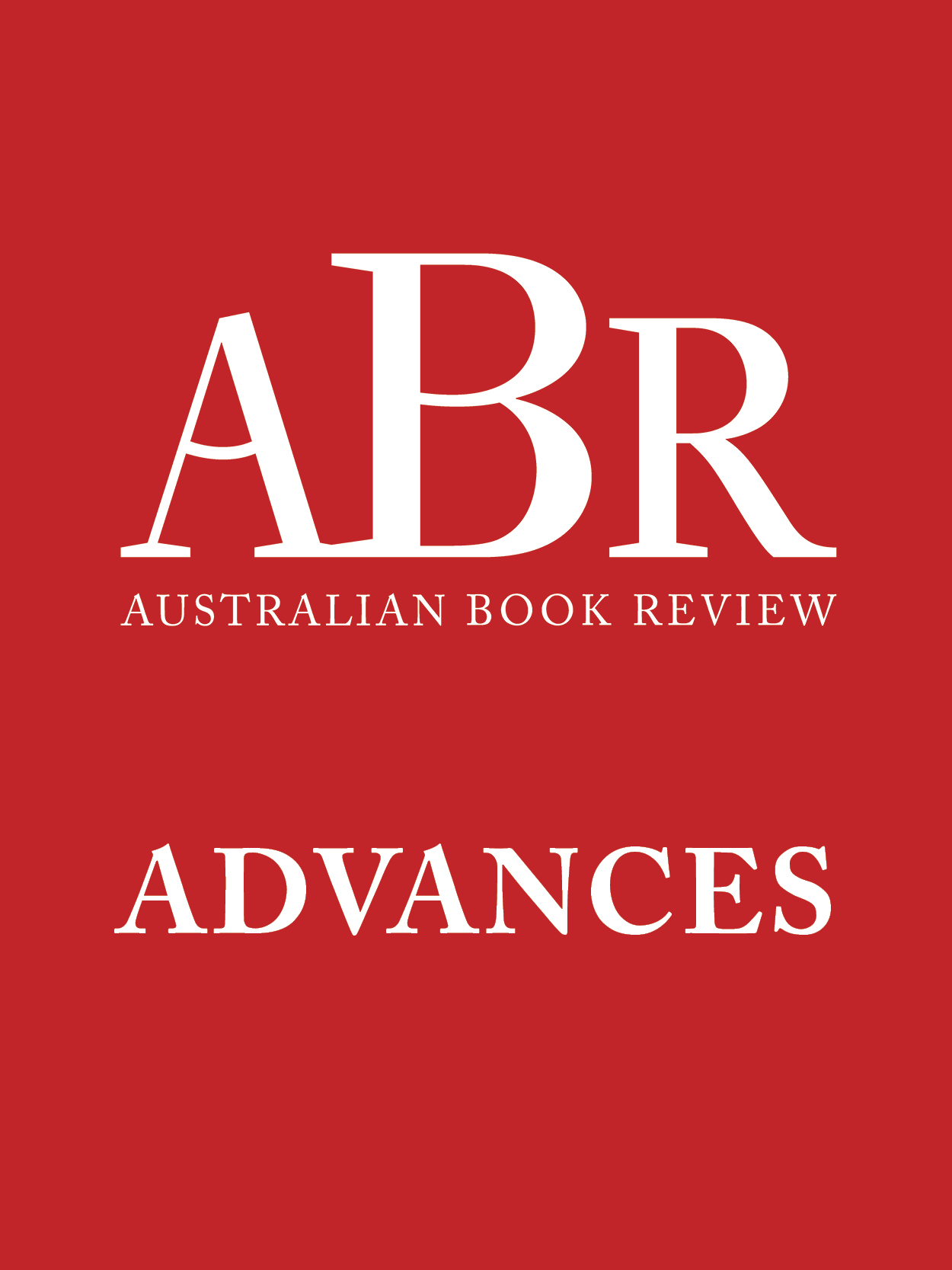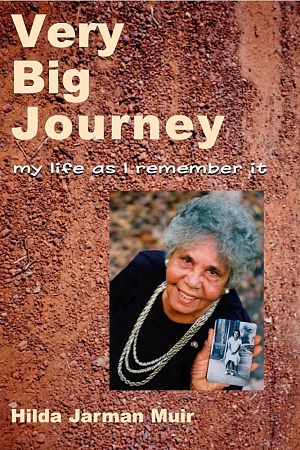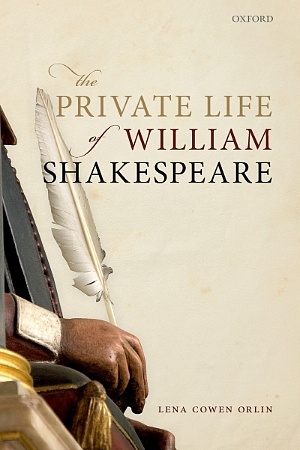Turning a blind eye
The defeat of the proposal in the recent Aboriginal constitutional referendum was unsurprising given the forces at work, which I discussed in ‘A Referendum in Trouble’ (ABR, July 2023). Most importantly, it lacked the support of the Liberal and National parties once their leaders decided to oppose it, largely for partisan purposes.
What is more remarkable is that the federal government and Aboriginal leaders proceeded with it, even though they lacked the bipartisan support that every referendum in Australia’s history has required in order to pass and the opinion polls were showing that the No case’s campaign of misinformation and disinformation was causing such a precipitous decline in the Yes vote that their proposal would likely be defeated.
This requires explanation, and it might serve a useful purpose if it were to inform the ongoing task of tackling two of Australia’s most fundamental problems: the legacies for Indigenous people of the dispossession, discrimination, and deprivation they have suffered more or less since the beginning of British colonisation in 1788; and the Australian nation’s lack of moral legitimacy that springs from the absence of a treaty which can be said to have recognised the sovereignty of the Indigenous peoples and negotiated the terms by which they might cede it.
Continue reading for only $10 per month. Subscribe and gain full access to Australian Book Review. Already a subscriber? Sign in. If you need assistance, feel free to contact us.









Leave a comment
If you are an ABR subscriber, you will need to sign in to post a comment.
If you have forgotten your sign in details, or if you receive an error message when trying to submit your comment, please email your comment (and the name of the article to which it relates) to ABR Comments. We will review your comment and, subject to approval, we will post it under your name.
Please note that all comments must be approved by ABR and comply with our Terms & Conditions.